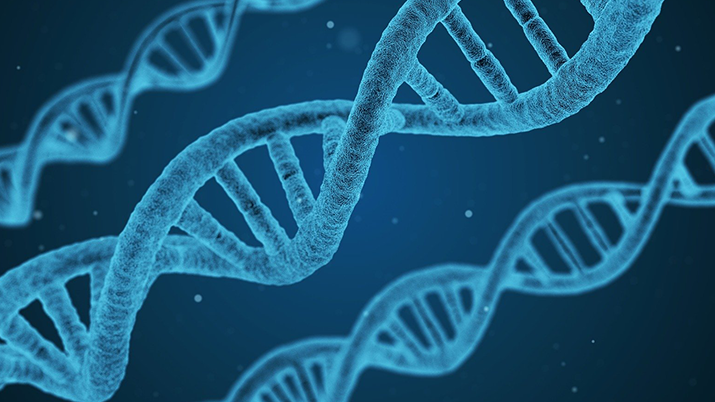Curiosity about ourselves and our future has fueled a demand for consumer DNA testing. It is estimated that more than 26 million people have taken at-home ancestry tests from companies like Ancestry and 23andMe.
As the global genetic testing market expands, researchers in the department of psychology are exploring the psychological and social implications of these tests. UBC’s Centre for Health and Coping Studies has embarked on the UBC Genetic Connections Study. They want to know what people hope to learn from testing their DNA, their reason for purchasing a test, and the psychological responses to receiving test results.
The research team, led by Dr. Anita DeLongis and co-investigators Talia Morstead and Jason Zheng, is recruiting people who have recently purchased or are considering purchasing a genetic test kit to take part in their study.
Talia Morstead, a research assistant and project manager at the Centre, spoke with us about the study, why people test their DNA, and importantly—what they’re hoping to discover.
Tell us about this study?
We’re interested in understanding the motivations of individuals who purchase direct-to-consumer genetic test kits and the impact of receiving results on the individual who submitted their DNA as well as members of their immediate and distant family. Importantly, we are aiming to capture the social factors that contribute to and are affected by direct-to-consumer genetic testing in order to gain a more comprehensive understanding of individuals’ unique experiences.
What motivated you to study the social and individual impact of genetic testing?
The frequent media reports as well as the stories we were hearing from individuals in our own social networks about unexpected results from direct-to-consumer genetic testing leading to discoveries of long-lost relatives or uncovering family secrets, led us to consider the social as well as the psychological impacts of testing. Given the profound delight and connection that the tests can bring, as well as the significant distress they can sometimes engender for individuals and their families, we were motivated to understand just how common these reactions may be and the factors that contribute to this diversity of experiences.
What is the goal of this study?
Our goal is to examine a broad spectrum of factors that might affect the emotional impact of direct-to-consumer genetic testing on consumers and their families. We are hoping to capture the impact of the tests on well-being, self-concept, and family dynamics and how experiences of testing are affected by the unique beliefs, expectations, and family histories of individuals and their families.
Why do people buy direct-to-consumer genetic tests?
Generally, individuals purchase direct-to-consumer genetic test kits either to learn about their family history or to obtain information about their health and risk for various diseases. That said, there numerous reasons why individuals may purchase direct-to-consumer genetic test kits and one of the goals of our study is to learn about how individuals’ motivations behind testing relate to how they interpret their test results.
What are you hoping to learn?
By having individuals complete two surveys at different stages of testing, we are hoping to learn about how individuals and their families respond to receiving their test results and how they cope with expected and unexpected findings. By including a range of psychological and social measures in our surveys we are also hoping to learn about the factors that contribute to this process.
How can people take part in this research?
We are actively seeking participants to complete our two short, confidential questionnaires. We welcome anyone who has undergone or is considering undergoing direct-to-consumer genetic testing, whether they have received their test results or not, to consider becoming involved in our study!
Learn more and join the study: https://delongis.psych.ubc.ca/ubc-genetic-connections-study/
Read an article by the researchers: DNA tests sometimes uncover buried family secrets. We’re exploring how to help everyone cope



